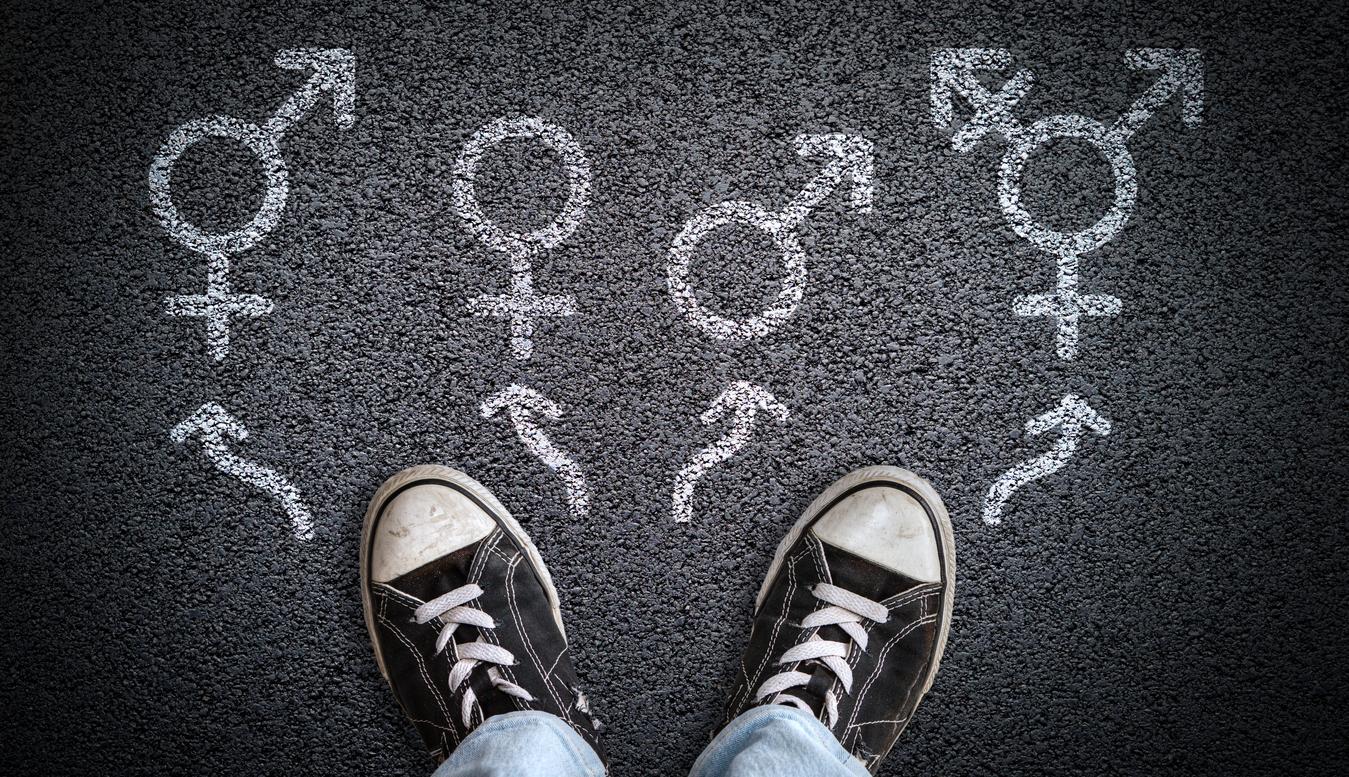Girls are fragile and boys strong … gender stereotypes exist in children from the age of 10 in all countries of the world, according to the results of a study published in the medical journal Journal of Adolescent Health and conducted in 15 different countries of varying degrees of wealth and development where these messages are constantly reinforced by siblings, classmates, teachers, parents, guardians, relatives, coaches or members of the clergy.
Children, the target of stereotypes
The study, which lasted 6 years, allowed scientists to interview 450 pre-adolescents, accompanied by one of the parents or their guardian in Bolivia, Belgium, Burkina Faso, China, the Republic Democratic Republic of the Congo, Ecuador, Egypt, India, Kenya, Malawi, Nigeria, Scotland, South Africa, the United States and Vietnam.
It revealed that gender stereotypes are already deeply rooted in young children and that they encourage a certain female passivity which can encourage abuse. Boys also suffer from stereotypes that they are physically strong and independent. They are therefore encouraged to spend time alone, to be violent or to use drugs.
This type of stereotyping “puts girls at great risk of leaving school early, of being subjected to physical or sexual violence, of getting married or having a child early, of being infected with the disease. HIV or others sexually transmitted diseasessays Robert Blum, director of the Early Adolescent Global Study, based at Johns Hopkins University.
Review information campaigns
As a result, the researchers explain that in order to combat gender stereotypes, campaigns are unnecessary because they target adolescents when they should be focusing on younger children.
“The health risks faced by adolescents are determined by behaviors shaped by gender stereotypes, which can be entrenched in children as young as ten or eleven years old,” explains Kristin Mmari, originator of this study entitled Global Early Adolescent Study and carried out in partnership with the World Health Organization (WHO) and the American Johns Hopkins University.
“Billions of dollars are invested around the world in health programs for adolescents but which will not affect them for 15 years, which is already too late to have a real impact,” says Kristin Mmari.
Read also:
Sexism, it happens (also) in the brain
Dolls to put an end to gender stereotypes
Gender equality: feminism classes for men at college
















